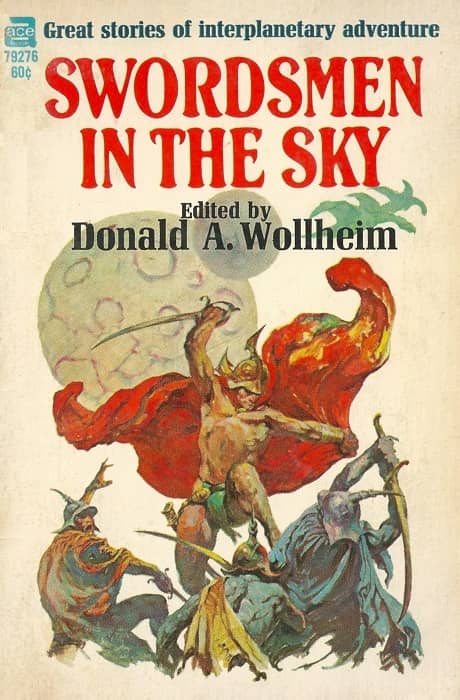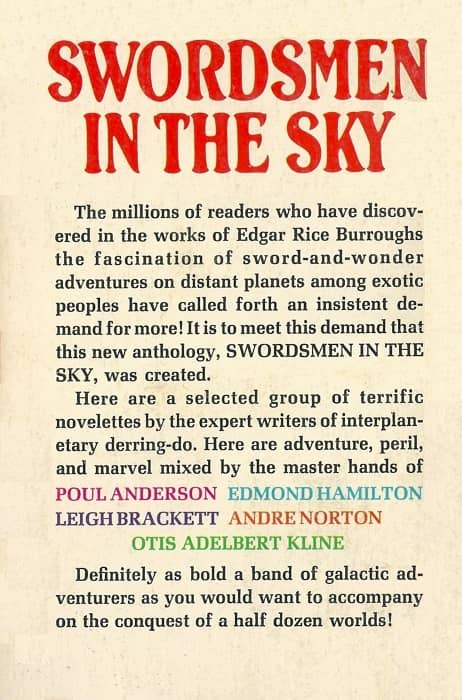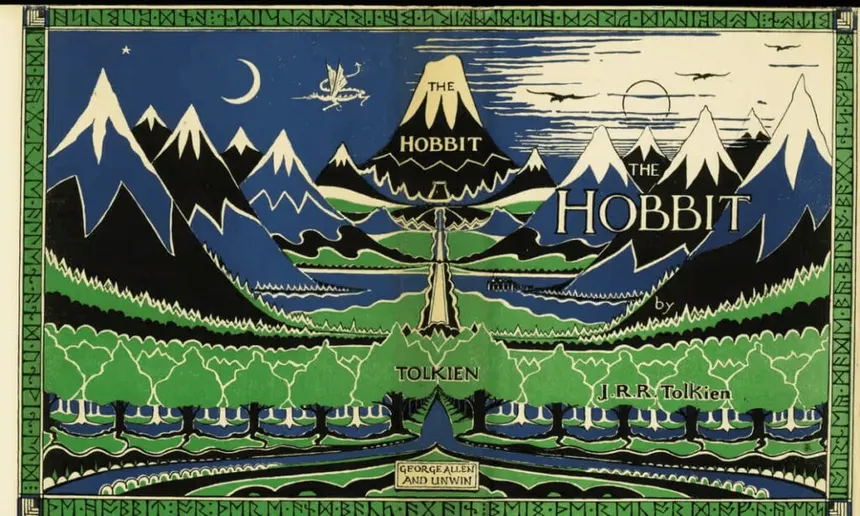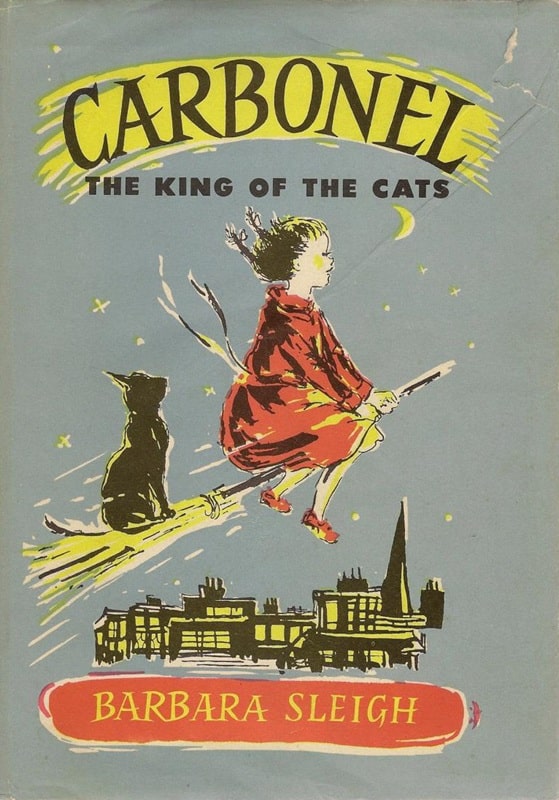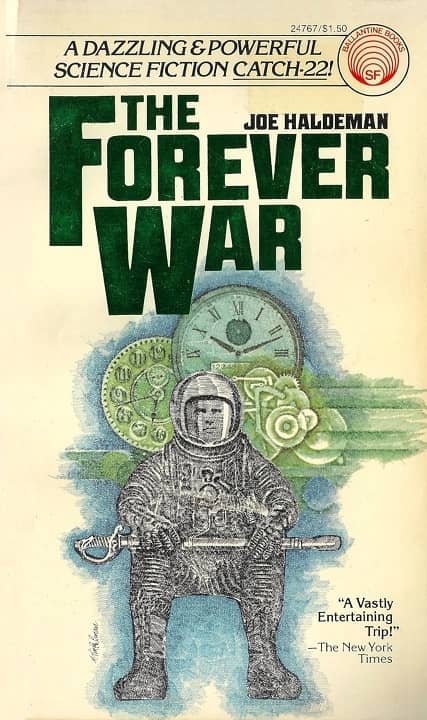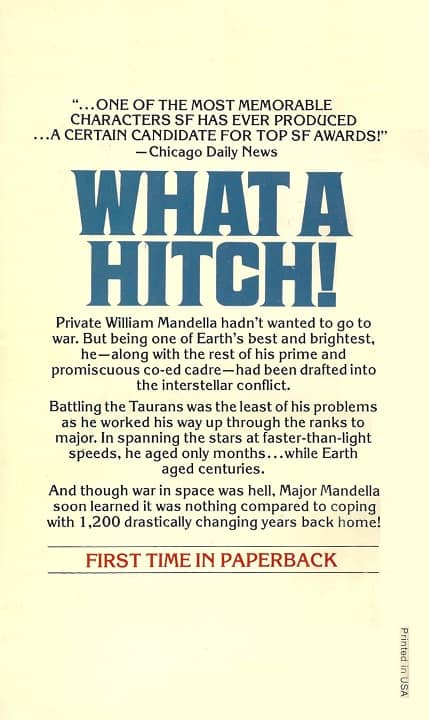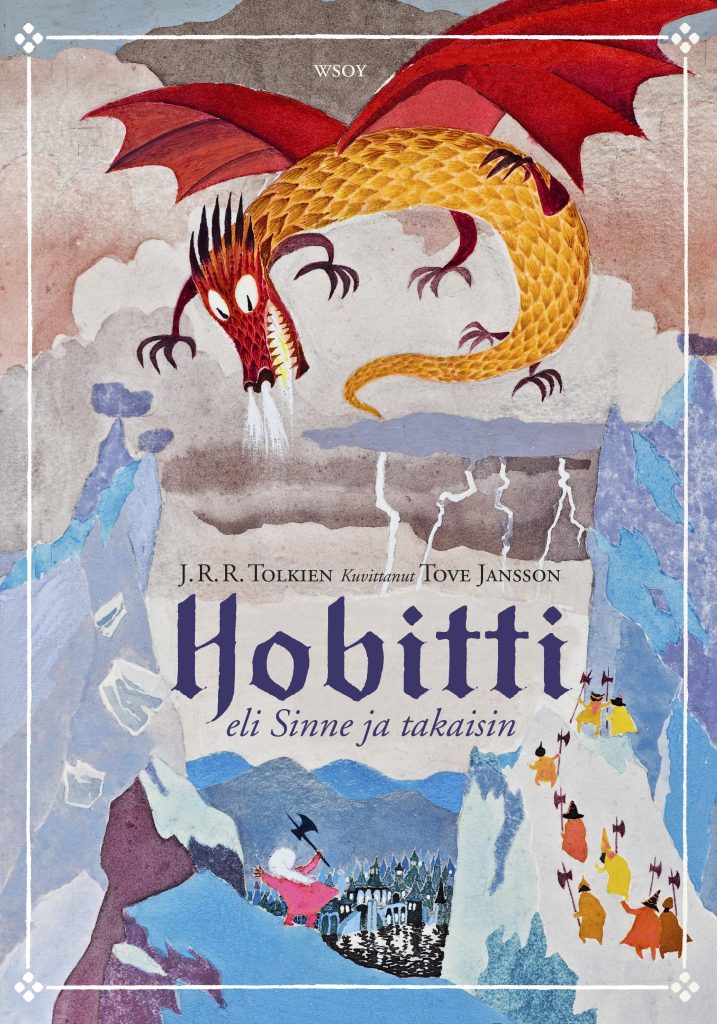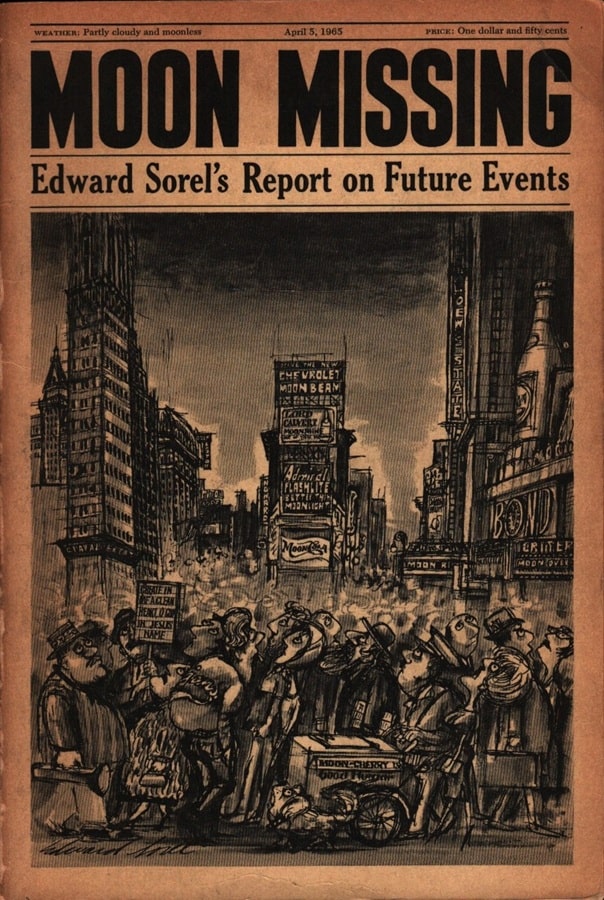Vintage Empires: James Nicoll on Galactic Empires, Volumes One & Two, edited by Brian W. Aldiss
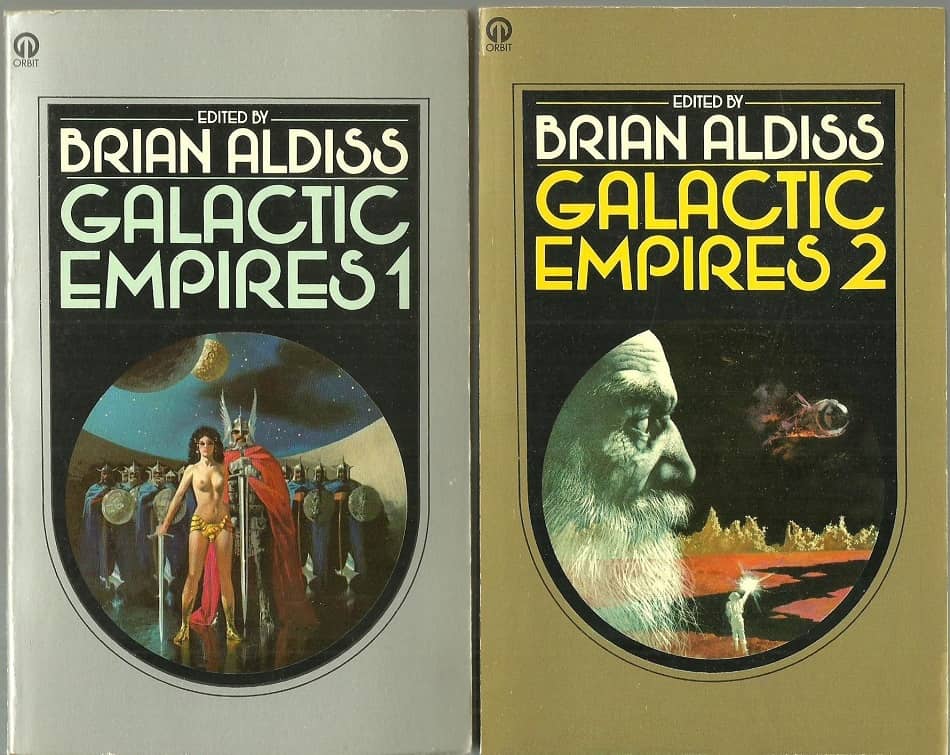
My fellow Canadian James Nicoll continues to be one of my favorite SF bloggers, probably because he covers stuff I’m keenly interested in. Meaning exciting new authors, mixed with a reliable diet of vintage classics.
In the last two weeks he’s discussed Kate Elliots’s The Witch Roads, Axie Oh’s The Floating World, Ada Palmer’s Inventing the Renaissance, and Emily Yu-Xuan Qin’s Aunt Tigress, all from 2025; as well as Walter Jon Williams The Crown Jewels (from 1987), Wilson Tucker’s The Long Loud Silence (1952), C J Cherryh’s Port Eternity (1982), and John Brunner’s 1973 collection From This Day Forward. Now that’s a guy who knows how to productively use his leisure time. Not to mention caffeine.
But my favorite of his recent reviews is his story-by-story breakdown of Brian W. Aldiss’s massive two-volume anthology Galactic Empires, which made me want to read the whole thing all over again.
